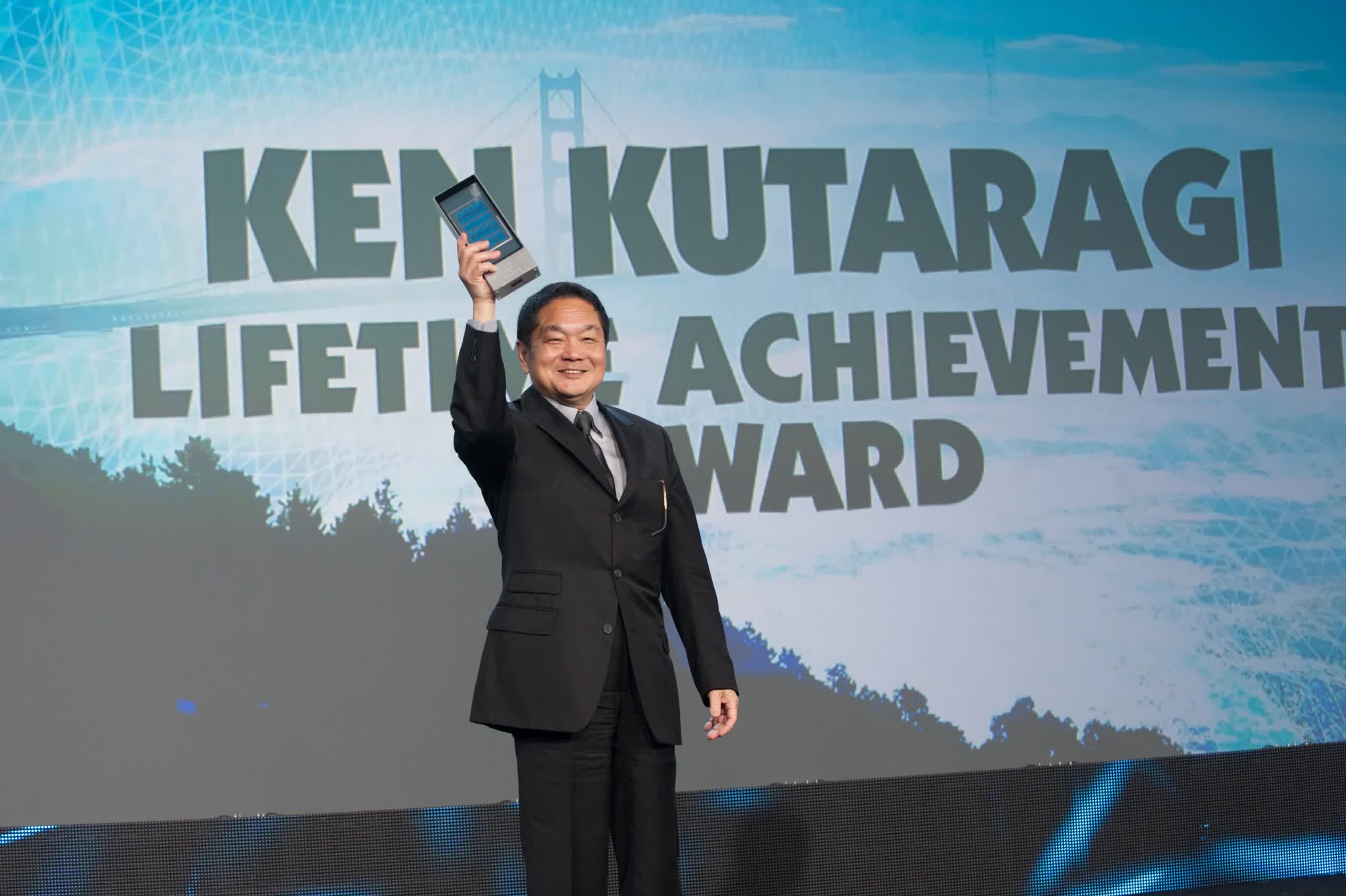The big picture: While the metaverse seems to solve some contemporary problems, such as delivering practical presentations with quasi-physical objects in a work-from-home scenario, it does lend to some dystopian connotations. The movie The Matrix and the comic book Peace of Mind both warn that the AIs and corporations controlling the metaverse do not necessarily have humanity's wellbeing at the top of their priority list.
The metaverse seems to be the next in-thing in the tech world. Everybody is talking about it, and seemingly every Big Tech company wants in on the ground floor. Mark Zuckerberg is so enthusiastic about the metaverse he changed Facebook's name to "Meta."
For those unfamiliar with the metaverse idea, the concept is to create a virtual universe within the real universe where people can interact without leaving their homes. Think of work meetings with avatars that can move around a virtual room instead of Zoom meetings (below). Coupled with NFTs, metaverse denizens can even "own" things that do not exist.
However, not everyone is onboard the metaverse train. Ken Kutaragi, the inventor of the PlayStation and former CEO of Sony's gaming division, told Bloomberg that he couldn't see the point of a "quasi-real" world.
"Being in the real world is very important, but the metaverse is about making quasi-real in the virtual world, and I can't see the point of doing it," said Kutaragi in an interview. "You would rather be a polished avatar instead of your real self? That's essentially no different from anonymous messageboard sites."
The "Father of the PlayStation" also finds VR headsets "annoying" because they cut users off from reality.
"Headsets would isolate you from the real world, and I can't agree with that," he said. "Headsets are simply annoying."
Kutaragi is now the CEO of artificial intelligence startup Ascent Robotics, which is actually doing the opposite of Facebook/Meta. Ascent is working on technology that turns real-world objects into machine-readable data. The company just finished a round of funding with a $1 billion investment from Kutaragi's prior employer Sony.
Kutaragi, who is currently waiving his salary at Ascent, says "off-the-shelf" hardware will not cut it for his goals. His team will use the funds raised to build a robotics platform from scratch, including software, sensors, and machines.
